
Photo Credit
Shutterstock
Subhead
Gung-Ho on Gardening? Don't Injure Yourself!
I am surprise to see that you never mentioned SORREL for the vegetable garden. It is so easy to grow et very nutritious, specially iron, more than in spinach. No mention of it in your vegetable garden book. The only time I saw it grow in this country is in Williamsburg, VA garden. It could also be grown in flowerbed, it make beautiful foliage. Sorrel is delicious with heavy cream and hard boiled eggs. Of course one has to limit the consumation due to the acidity.
" Nise and toes". Great mantra! Am I the only catalog devotee, numbed by cold damp winter, who is lured to insanity by the beautiful gardens, perfect lawns with water features which will save the habitat of my nearby wildlife, installed and maintained by professional land / lawnscapers, and forget when I order seeds, bulbs and so forth that my entire staff consists of one... me?? After my ceremonial physical therapy treatments, which separate me from even more money, I've decided I appreciate my native plants more; goldenrod, milkweed, brown eyed Susan's, dandelion, pie-weed, Queen Anne's lace, even clover! Today I found a five-leaf clover! My good neighbors maintain a lovely garden and we all appreciate the fruits of their labors. The birds, butterflies, bees, hummingbirds, rabbits, possums, raccoons, chipmunks, squirrels seem to enjoy themselves here. Though we have a few sneaky hawks and owls and I am mindful of their appetites. One night last summer we were in the backyard with our cat while she was playing with lightning bugs, we were horrified when an owl swooped her away ...without a sound.
We never saw her again and we are heartbroken that such a thing could happen right under our nose but we couldn't save her. However we respect our owls and hawks and place in the balance of nature, the earthworms have sacred value here. Does anyone want my owls ?

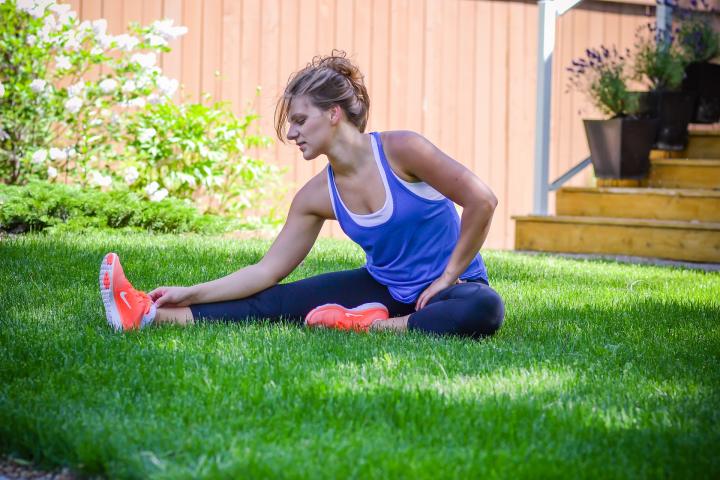
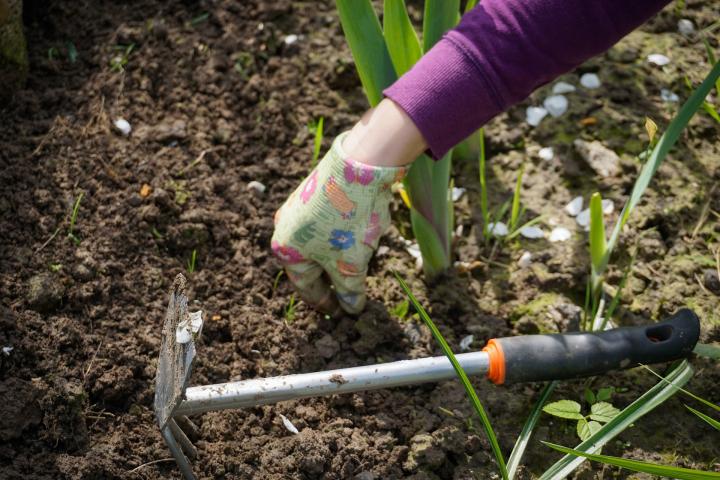
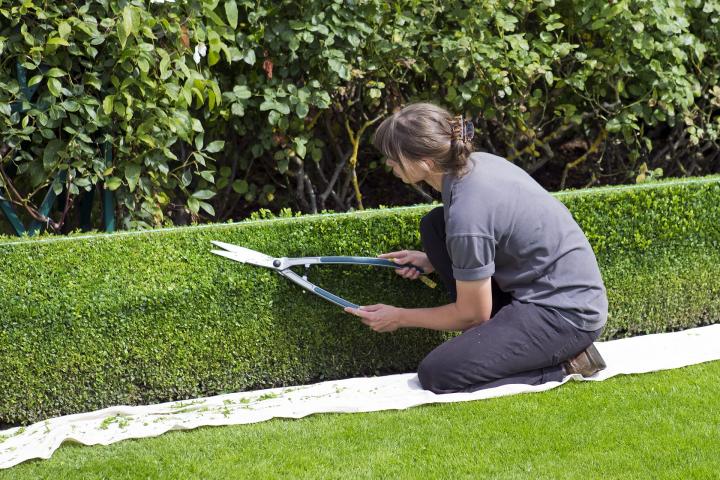
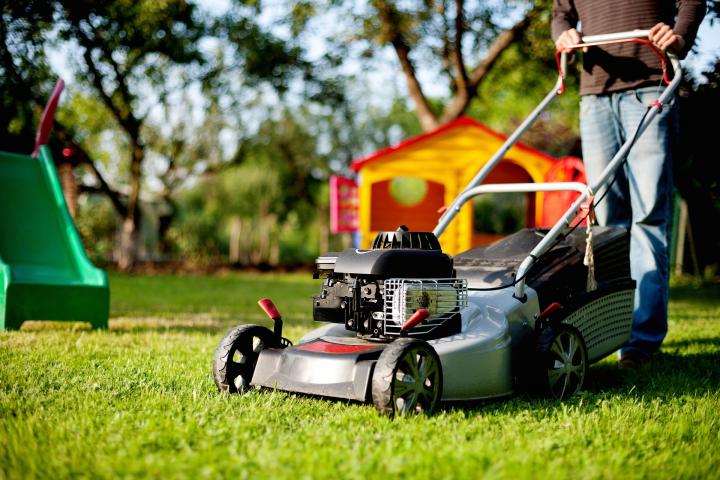
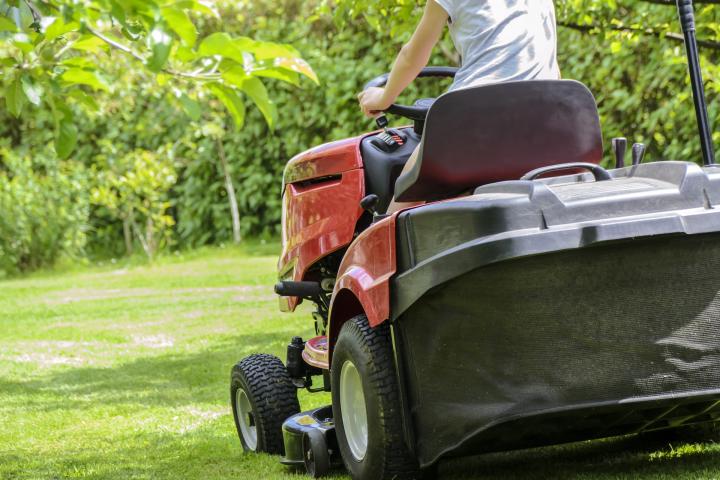
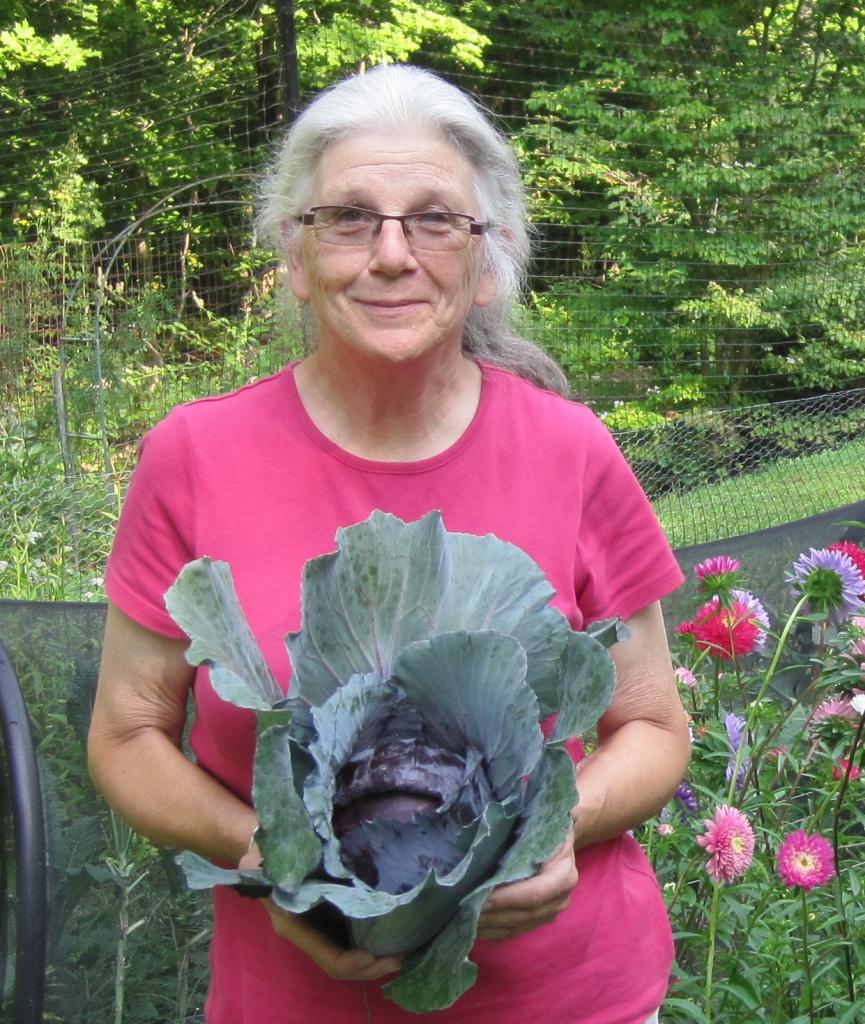







Comments